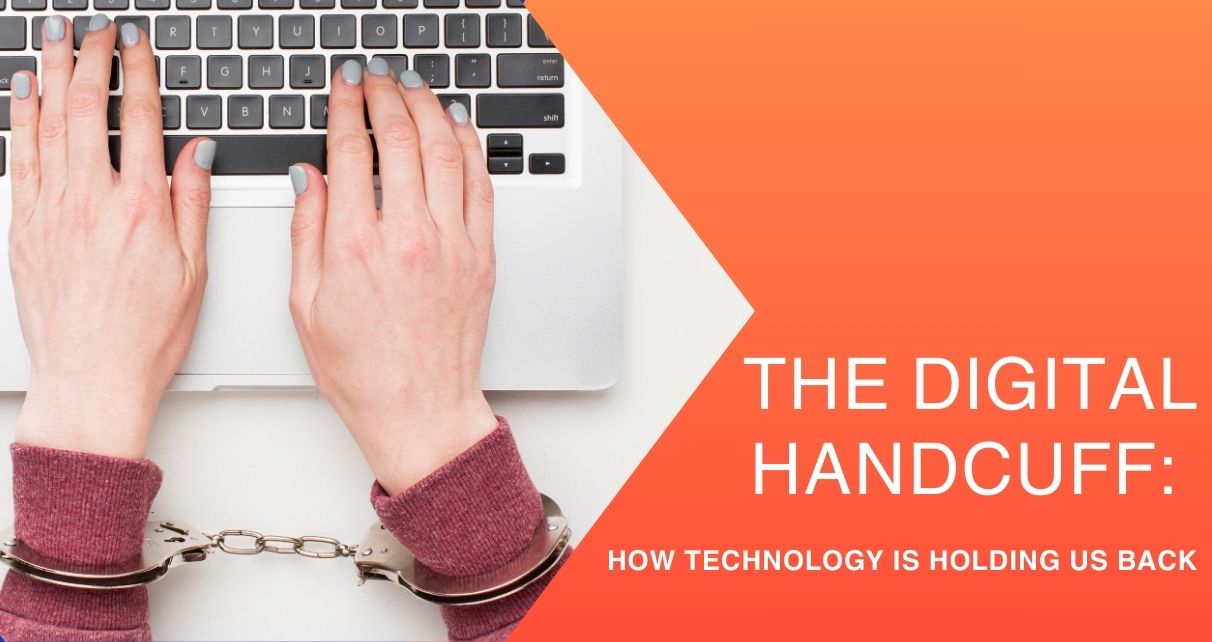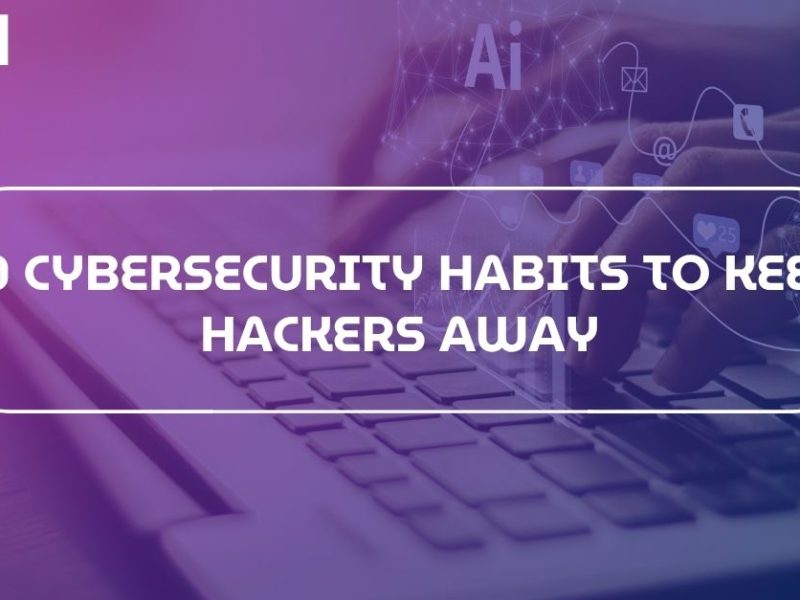
What is digital house arrest?
Have you ever thought of being arrested in your vicinity? You are not held captive physically but mentally, under the pressure of doing something illegal that actually did not happen.
This is the present scenario Indian people have been facing in the last few months.
A situation of chaos and tension that leads to the transfer of hefty funds in the name of the Police or CBI sounds utterly disgusting. But this is happening, and people are suffering badly because of the fraudsters.
In a report published by the RBI (Reserve Bank of India), it was revealed that bank fraud exceeded Rs.30k crore in FY23. In the past decade, bank fraud has risen beyond expectation, with 65,017 cases and a sum of Rs.4.69 million.
Cybercriminals use new and advanced tactics to deceive individuals and organizations. One new fraudulent method that is becoming popular among scammers is Digital House Arrest.
What is digital house arrest?
With the name itself, you must be speculative; how is this even possible? Arresting someone digitally! But, yes, out of the blue, this scam is for real, and people are getting scammed by it. Digital arrest, or the parcel scam, involves criminals who impersonate a police officer and use fear tactics to extract money from commoners. They build up stories claiming their SIM card has been used in a serious crime, and they need to share their PAN Card and Aadhar Card details along with a hefty amount to avoid legal repercussions. The criminals build an environment of tension and urgency, keeping the victim online while asking them to isolate themselves from others.
Cases of digital arrest scam
The cases are so numerous that you wouldn’t think it true. Online frauds are on the rise, and with the entry of this situation where police call and tell you that you have committed a crime or that there has been an end number of crimes committed using your SIM Card, it is kind of scary.
Criminals play mind games and create situations where individuals are bound to follow their instructions.
Interestingly, these cyber fraudsters call the victim, creating havoc and saying a parcel has been sent in their name containing fake passports, illegal goods, drugs, or any other contraband item. In a few cases, these cyber criminals go beyond this and contact the victim’s friends and relatives, telling them the involvement of the victim in an accident or a crime scene and that the individual is in their custody.
Criminals, who frequently utilize images or identities of police officers to suggest legitimacy, typically demand money from the target in exchange for a ‘compromise’ and the matter being closed. Occasionally, victims are “digitally arrested” and forced to remain visible to criminals through Skype or other video conferencing systems. They even get dressed up like a police officer or government officers and set up the background to give a more authentic view to the victim.
Posing this scam, several complaints have been registered on the NCRP (National Cyber Crime Reporting Portal) related to blackmailing, intimidation, digital arrest, and extortion by cybercriminals posing as policemen, officers from the Narcotics Department, the CBI, RBI, Enforcement Directorate, and others.
In an incident in Gurgaon, an IT engineer was “interrogated” for more than two hours on Skype. She was told to transfer Rs.7 lakh to a police officer’s account. The officer claimed that the customs department had discovered a courier in the victim’s name. He also called her Aadhar Card number, claiming it to be linked to a number of illegal activities.
Another IT engineer in Noida was conned out of Rs.3.75 lakh after being “held hostage” on Skype for more than seven hours. “Policemen” informed her that a shipment in her name carrying illegal substances had been intercepted.
In all cases, ‘digital arrest’ scammers used a similar method to trick unsuspecting victims. The Delhi High Court, too, issued a notice to a plea in January this year, emphasizing new-age offences such as digital arrests.
What Actions Government Is Taking Against the Scams?
To stop the flood of spoof calls coming from abroad, the Department of Telecommunications (DoT) and the Indian Cyber Crime Coordination Centre (I4C) are collaborating. These calls purport from law enforcement organizations, citing “digital arrests,” such as the Central Bureau of Investigation or the Narcotics Control Bureau.
As an alternative, I4C and Microsoft are working to stop misusing law enforcement agency emblems. Scammers abroad regularly use these logos to defraud Indian citizens of their money. Taking charge of the situation, they have also used social media platforms to raise awareness among users about this ongoing crime.
Measures to Combat Digital House Arrest Scam
- Check the Caller’s identification: You should always independently confirm the Caller’s identification. Contact the official organization directly using the contact details listed on official websites or documentation.
- Never Give Personal Information: Unless you are positive of the Caller’s identity, never give personal or financial information over the phone.
- Be Wary of Requests That Seem Too Urgent: Scammers frequently instill a sense of urgency. Any demands for quick payments or threats of legal action should be taken like a grain of salt.
- Report unusual Activity: When you notice unusual calls or messages, report them to your bank and the police.
- Remain Up to Date: Become knowledgeable about typical con tactics and teach your loved ones how to spot and react to con artists.
- Get Antivirus Software: Be wary in this cybercrime environment where frauds always harm you online. Be ready with the arsenal of antivirus software that keeps all types of viruses, Trojans, Malware, Ransomware, Phishing Attacks, Worms, and Spam Attacks at bay.




